Washington’s proposed statewide payroll tax sparks backlash from tech industry and local leaders
Critics of a proposed statewide payroll tax in Washington — including CEOs, startup founders, and venture capitalists — warn it could drive businesses out of the state and inflict long-term damage to the tech sector. The proposal, modeled after Seattle’s 2020 “JumpStart” payroll tax, is one of several new revenue measures Democrat lawmakers in Olympia are considering to address a projected $16 billion budget shortfall. Under the plan, companies with annual payrolls exceeding $7 million would pay a 5% tax on employee wages above the Social Security wage limit — set at $176,100 in 2025. Businesses already paying Seattle’s JumpStart tax would… Read More


Critics of a proposed statewide payroll tax in Washington — including CEOs, startup founders, and venture capitalists — warn it could drive businesses out of the state and inflict long-term damage to the tech sector.
The proposal, modeled after Seattle’s 2020 “JumpStart” payroll tax, is one of several new revenue measures Democrat lawmakers in Olympia are considering to address a projected $16 billion budget shortfall.
Under the plan, companies with annual payrolls exceeding $7 million would pay a 5% tax on employee wages above the Social Security wage limit — set at $176,100 in 2025. Businesses already paying Seattle’s JumpStart tax would be exempt.
That means large companies based outside of Seattle — including Microsoft, which employs around 54,000 people in Washington — would be directly affected.
A growing coalition of mayors and business leaders is urging lawmakers to abandon the tax proposal.
“From the border of Idaho to the Pacific Ocean and from Canada to Oregon, the business community in the state is remarkably united on this,” Microsoft President Brad Smith told GeekWire earlier this week.
Smith joined more than 60 business leaders — including CEOs from Zillow Group, Costco, and T-Mobile — in a letter this week calling on lawmakers to reconsider. The letter, also signed by tech startup founders and venture capitalists, noted that it is 30% cheaper to employ a software engineer in Vancouver B.C. compared to Seattle.
Kelly Fukai, CEO of the Washington Technology Industry Association, said the tax would force tech companies and startups to reconsider their presence in the state.
“This tax is a short-sighted solution with long-term detrimental consequences,” Fukai said. “Let’s not jeopardize Washington’s leadership in the global tech landscape.”

Democrats argue that the payroll tax is a fair way to ensure Washington’s most successful companies contribute more to the public good. It’s one of several tax proposals on the table as lawmakers negotiate the state’s next biennial budget.
“This isn’t about trying to punish or go after certain businesses,” said Sen. Rebecca Saldaña (D-Seattle), a prime sponsor of the tax proposal. Instead, she said, it’s about having high earners and successful corporations partner with and invest in the state.
“We can’t rely on charity,” Saldaña said. “We’ve got to be able to have a democracy that is well funded and able to partner with our communities and meet the needs that we’re facing right now.”
But local officials worry the tax could backfire. In a letter signed by a dozen Washington mayors — including those from Bellevue, Redmond, and Kirkland — city leaders warned the policy could push companies to relocate to states with lower costs and fewer taxes.
“We believe these measures, while well-intentioned, would have detrimental effects on our region’s economic competitiveness, job market, and overall fiscal health,” the letter reads.
Joe Fain, president of the Bellevue Chamber and a former state senator, echoed those concerns, noting other states are aggressively courting Washington’s tech talent and companies.
“Washington is doing the exact opposite and is putting policy after policy in place to drive them out in the long run,” Fain told GeekWire.
Washington previously passed a 7% capital gains tax in 2021 to fund public education — a move that sparked controversy within the tech industry. A report from Bloomberg last week featured some wealthy Washington residents, including tech execs, who have moved to Nevada in part to avoid taxes on their fortunes.
It’s unclear how many companies or employees would actually leave if the new payroll tax passes. Research offers mixed signals. A 2016 study by economist Cristobal Young found most wealthy individuals do not move to avoid taxes. But a follow-up 2022 study suggested that pandemic-era shifts led some households to reconsider living in high-tax states.
Some researchers have pushed back on the theory that the JumpStart tax led to companies leaving Seattle, citing rising revenues since the legislation was in effect.
Saldaña said fears of a broader business exodus are overstated. When Seattle passed JumpStart, most businesses stayed, she said — thanks in part to the city’s investments in infrastructure and progressive initiatives.
“There’s a lot about Washington that would compel them to stay,” Saldaña said.
Meanwhile, another group of mayors and elected officials has voiced support for the proposal, saying it would help rebalance a regressive tax code.
“Voters have told us time and again that they want elected leaders to balance our tax code in order to pay for the things our communities need, like housing, health care, childcare, education,” their letter reads.
Washington is one of a few states without a personal or corporate income tax. Most state revenue comes from sales, property, and business and occupation (B&O) taxes — a system critics say disproportionately burdens lower-income residents.
If approved, the payroll tax would apply to an estimated 5,115 employers in 2026. The higher a company’s payroll, the greater its tax burden — meaning major employers like Microsoft and Amazon, which is based in Seattle but has a growing workforce in Bellevue, would be among those most affected.
Democratic lawmakers estimate the measure would generate $2.3 billion over the next biennium, earmarked for schools, health care, and other public services.
Republicans and some local officials argue the state should instead rein in spending and call the current budget proposal unsustainable.
Skeptics also question whether the tax would generate consistent revenue. A recent report from the Seattle Office of Economic and Revenue Forecast found the city’s JumpStart tax came in $46.7 million — or 11.5% — below projections for 2024. It had previously exceeded forecasts in 2021 and 2023 but fell short in 2022.
Fewer than 500 Seattle companies pay the JumpStart tax with roughly 70% of revenues coming from just 10 companies, according to the forecast office.

Amazon — the state’s largest employer — has had a rocky relationship with Seattle lawmakers in debates over tax policies, stretching back to the failed 2018 “head tax” proposal (which ultimately led to JumpStart). Since then, the company has ramped up hiring in neighboring cities like Bellevue, where it now employs more than 14,000 people and plans to grow that number to 25,000 in the next few years.
Amazon currently has just under 50,000 employees in Seattle, according to a company spokesperson. That’s down from about 60,000 in 2020.
Seattle voters recently approved a new tax on large businesses to fund a social housing developer. Amazon and Microsoft each put up $100,000 in support of an alternative version of the measure.
The proposed state payroll tax is currently awaiting executive action in the Senate Ways and Means committee. Saldaña said she is listening to public feedback to consider adjustments to the policy.
At a budget press conference Tuesday, Gov. Bob Ferguson declined to take a position on the payroll tax but voiced strong opposition to a separate wealth tax proposed in both the House and Senate budgets. He said the state can’t adopt a budget with “anywhere near the level of taxes” proposed by the chambers.
The governor, who took office in January, also warned that lawmakers must avoid relying on revenue streams that may not hold up in court.
Seattle’s JumpStart tax faced a legal challenge from the Seattle Metropolitan Chamber of Commerce but was upheld by both a King County court and the Washington Court of Appeals.
Ferguson said discussions over business taxes would continue in the coming weeks. Lawmakers have until April 27 to finalize the budget and send it to the governor’s desk.




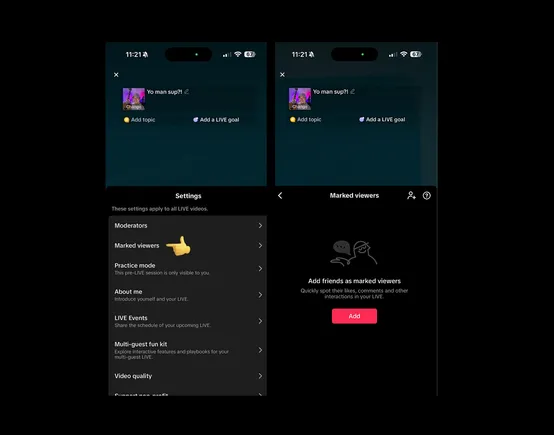

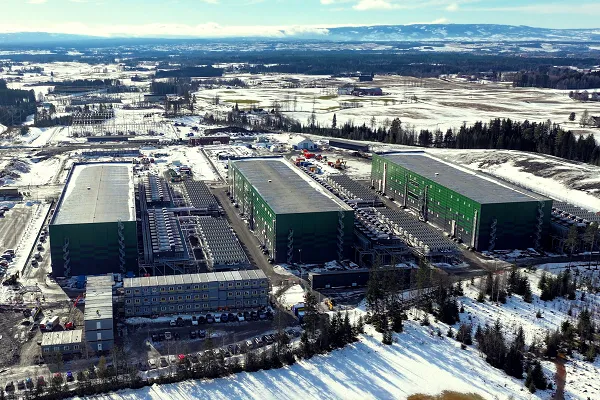


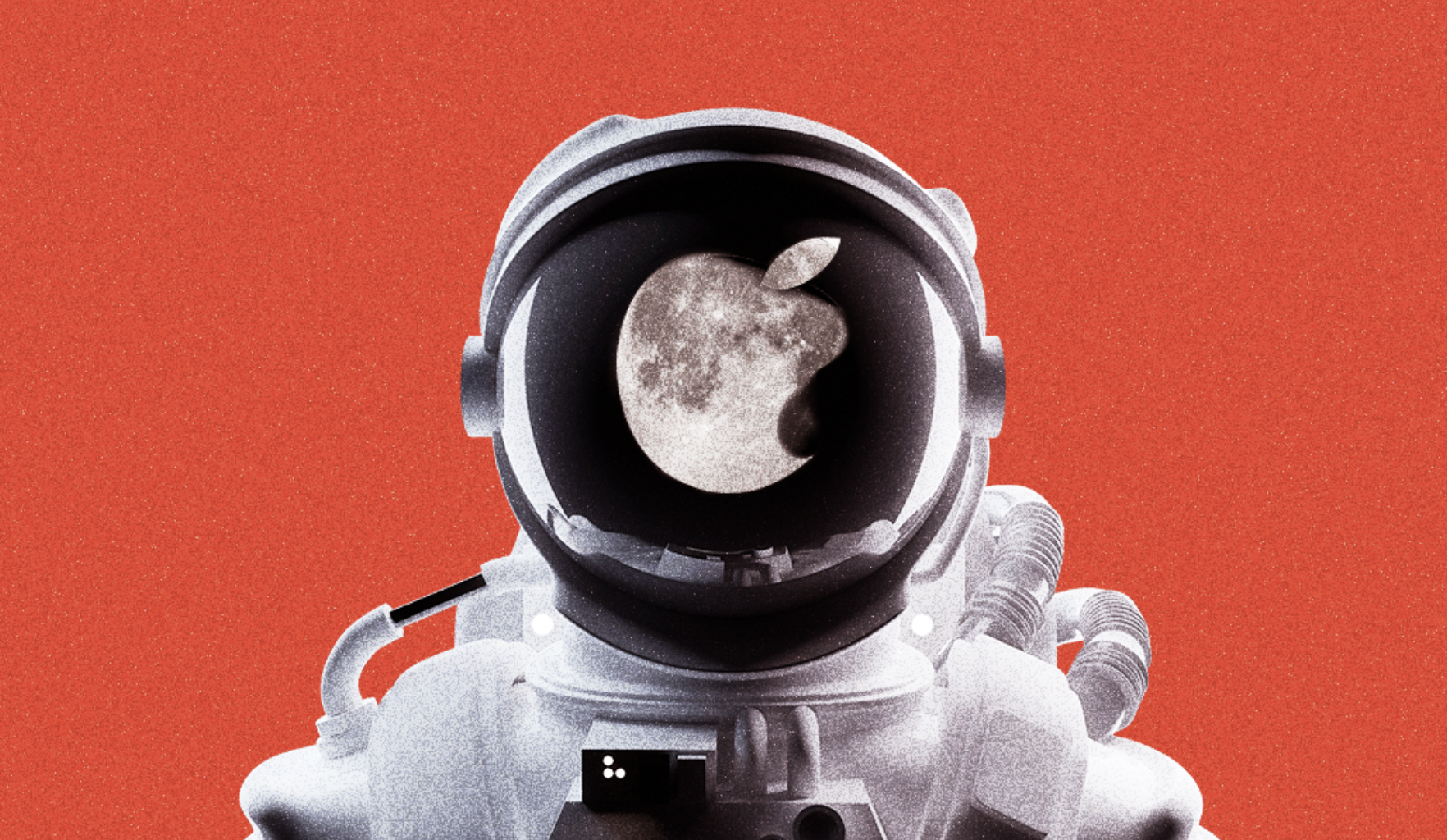














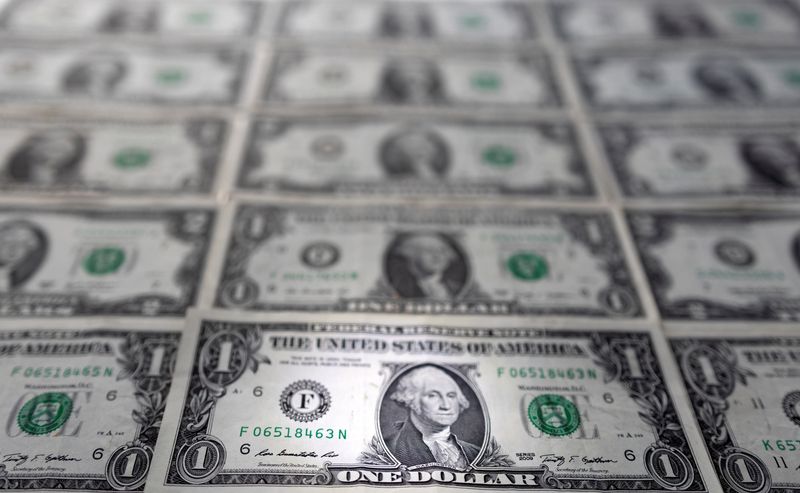
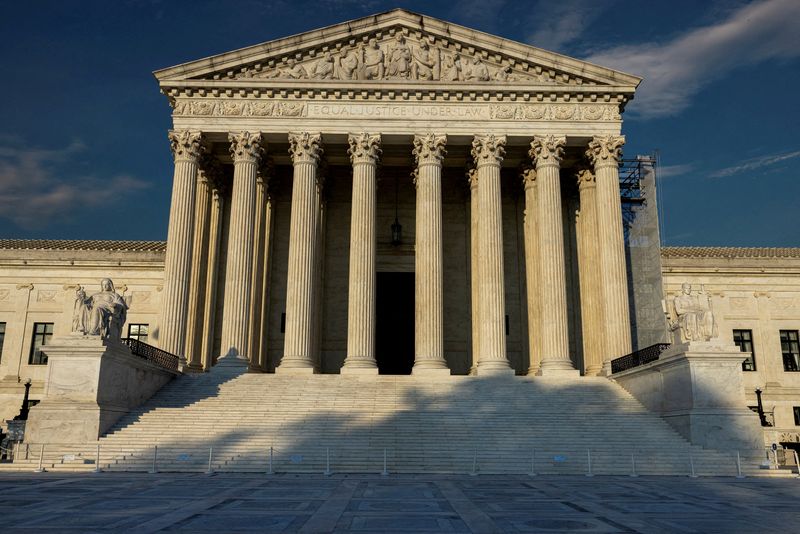

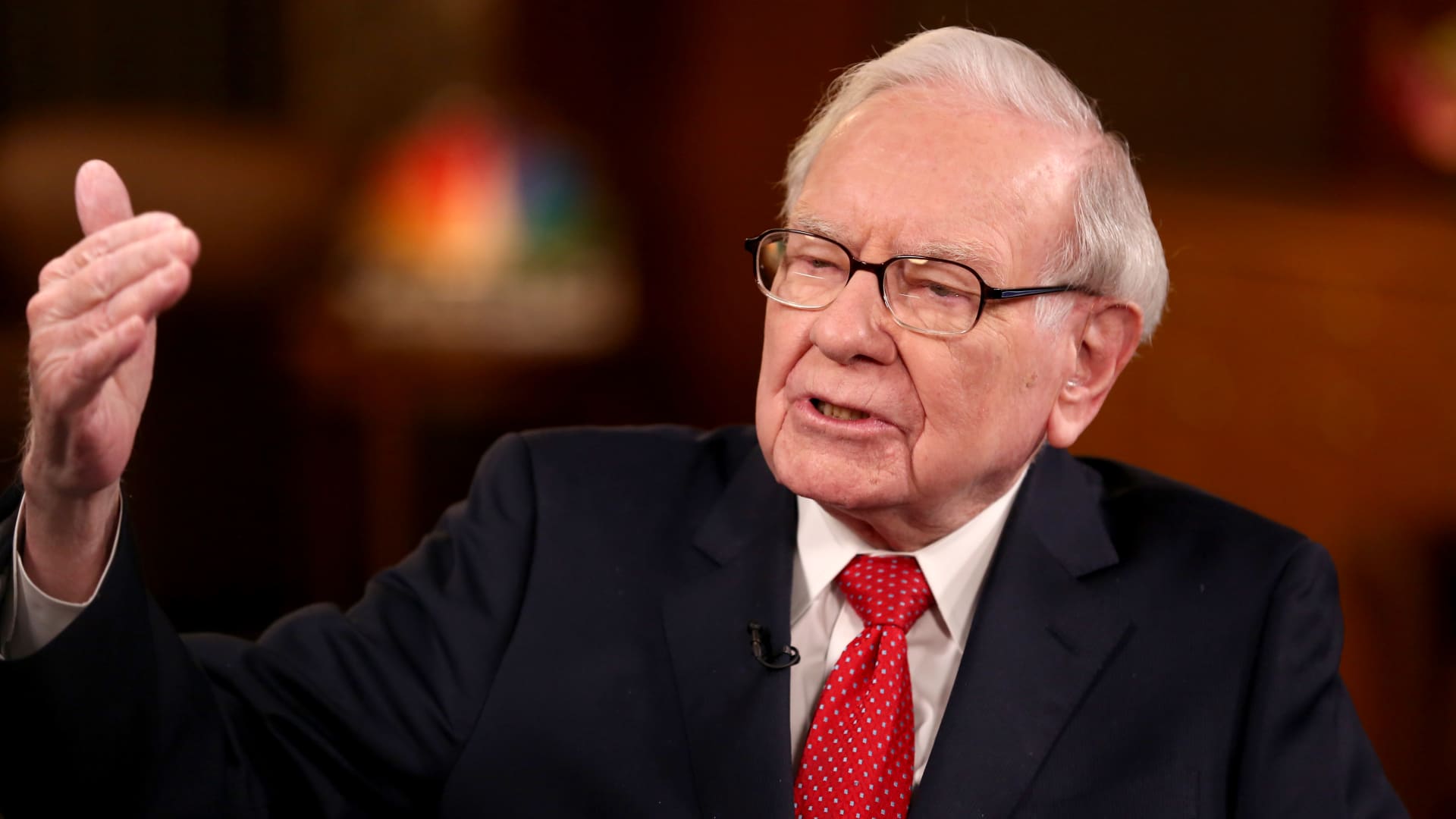















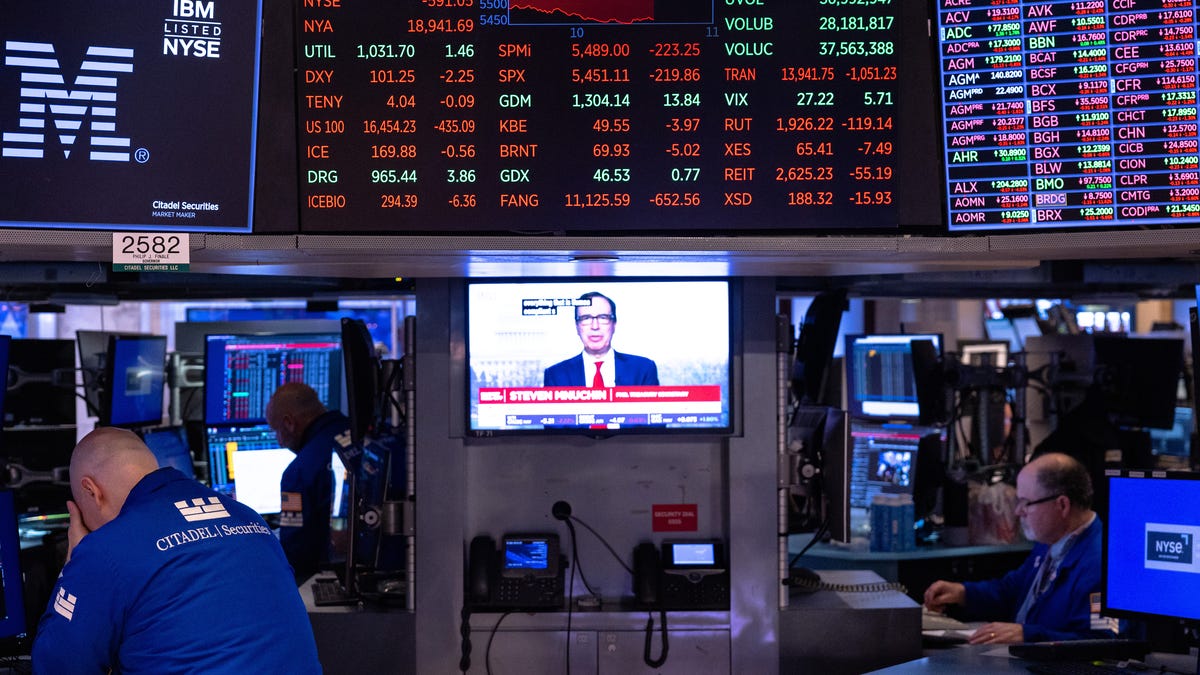












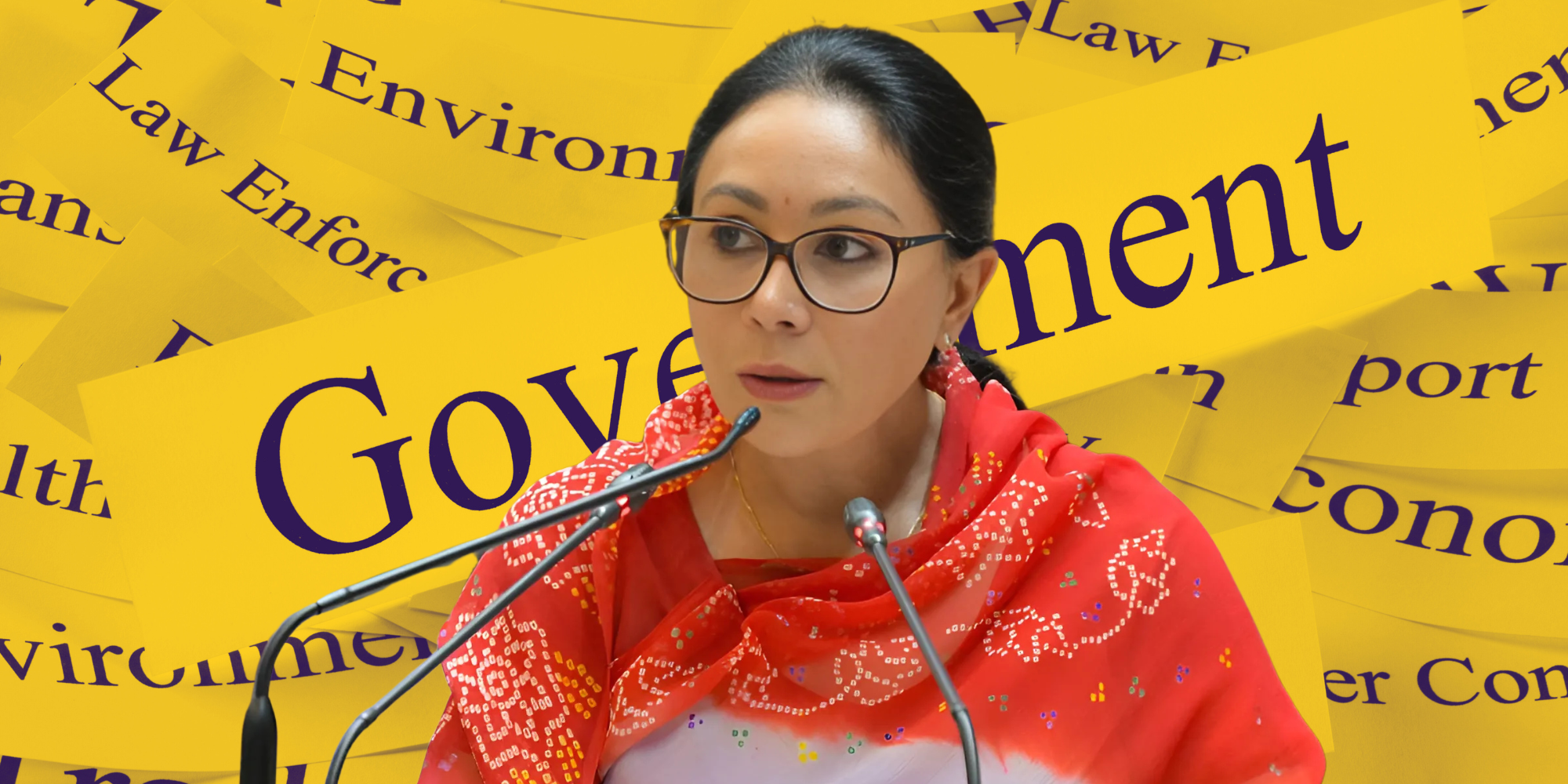
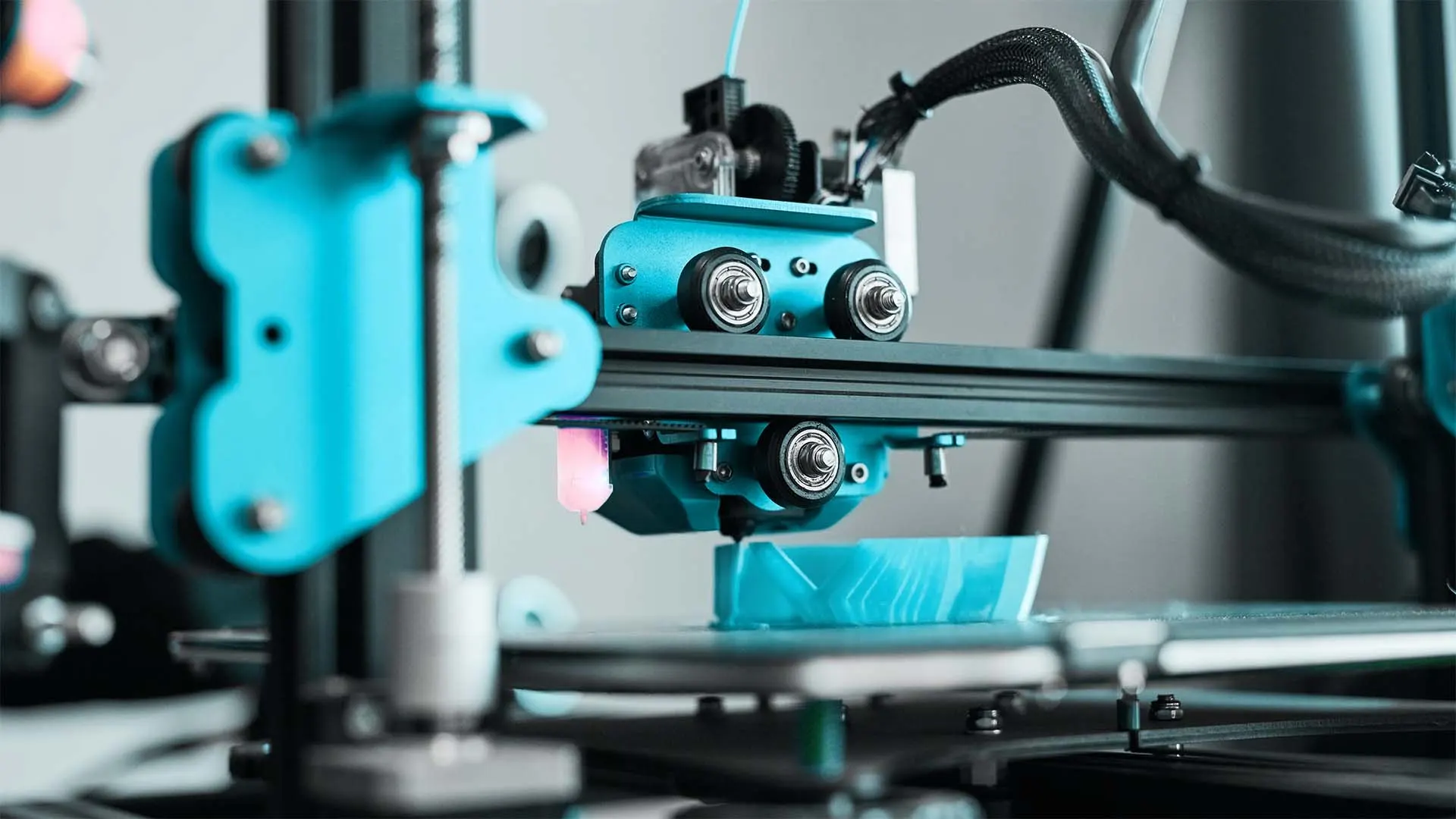

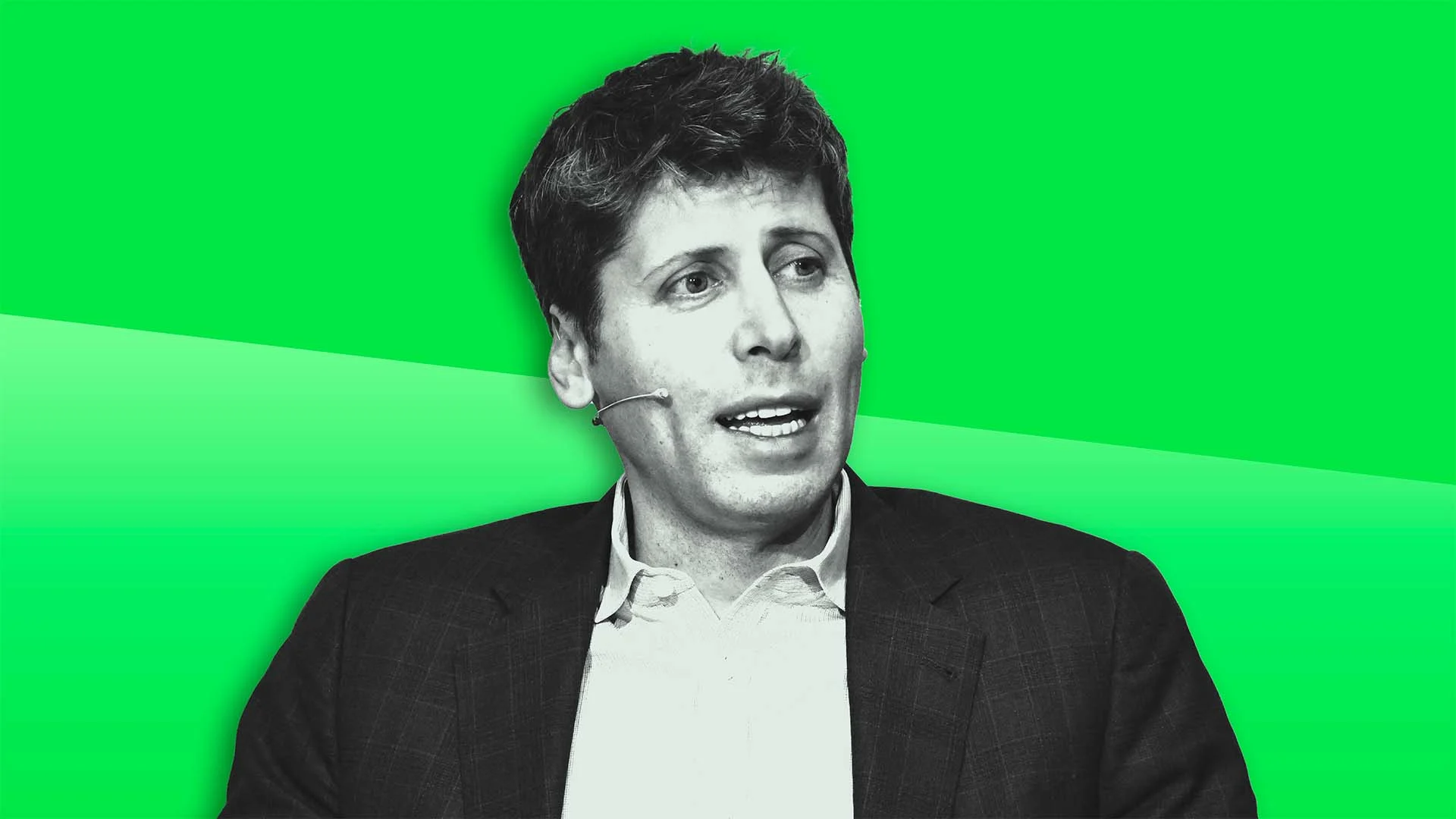
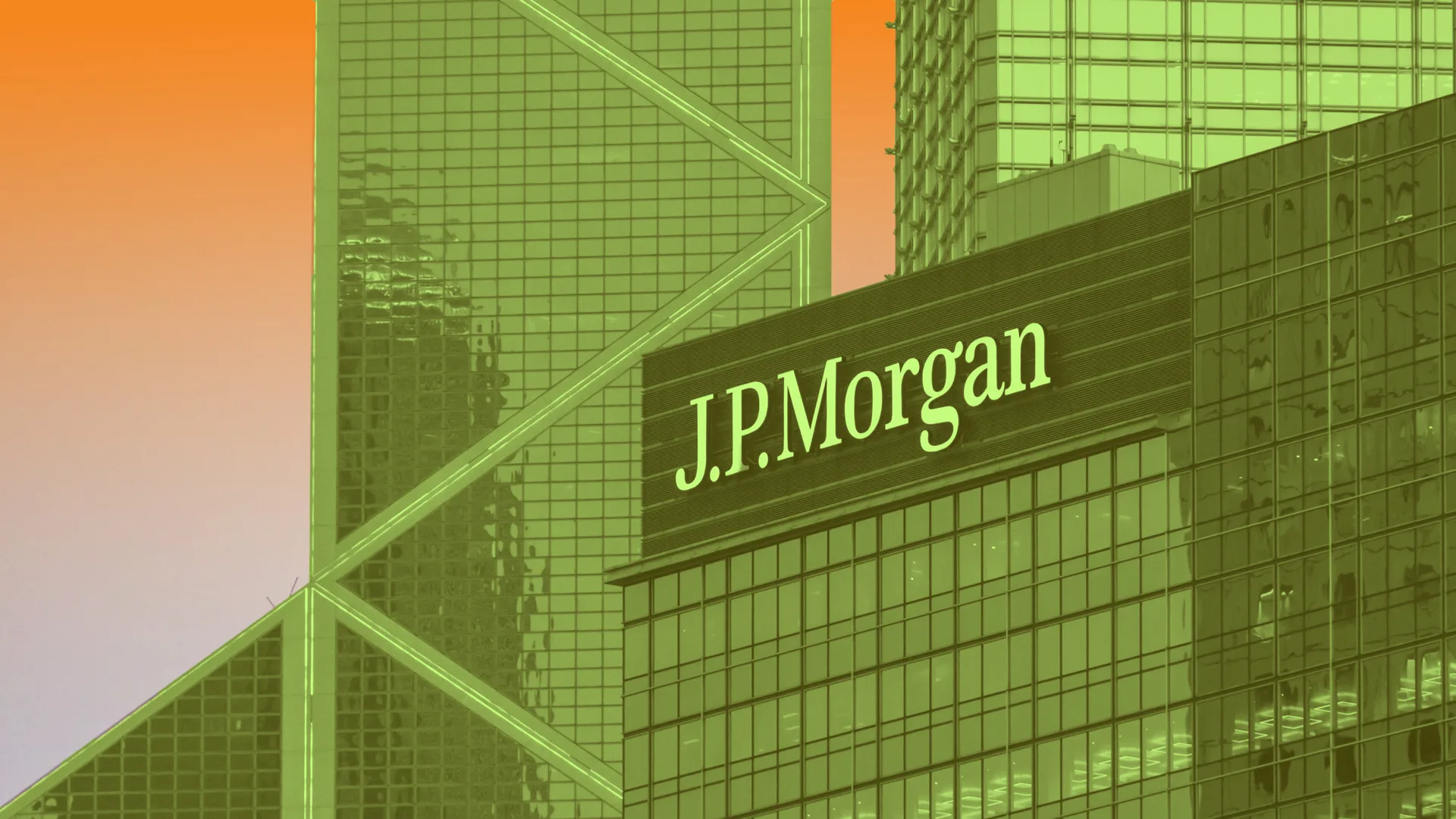













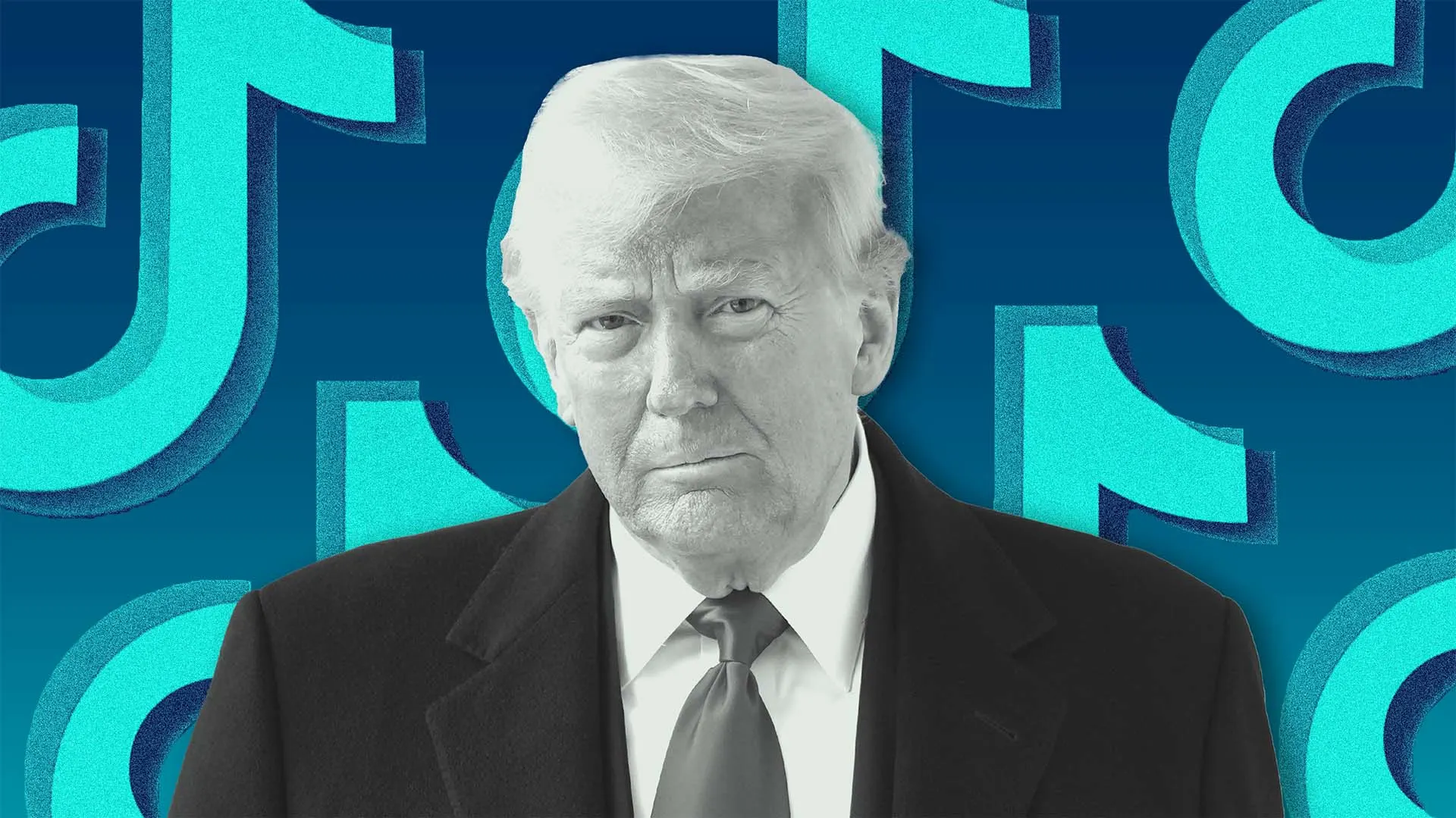










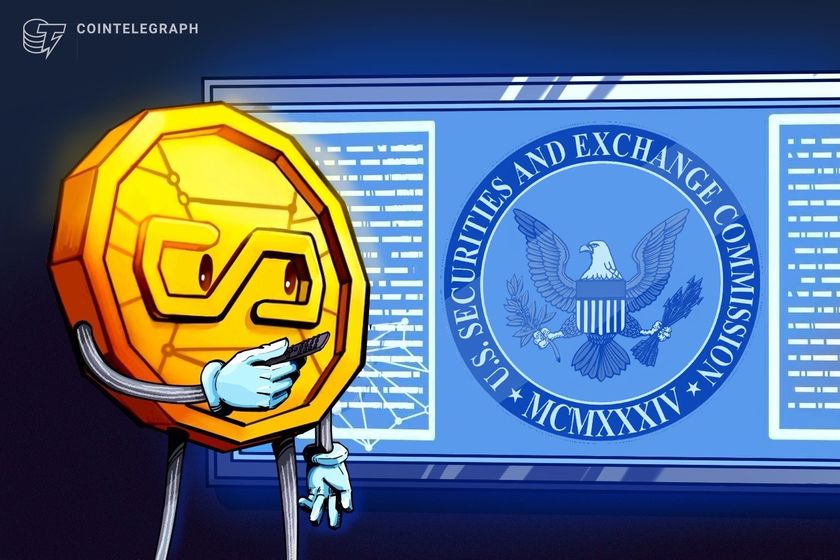























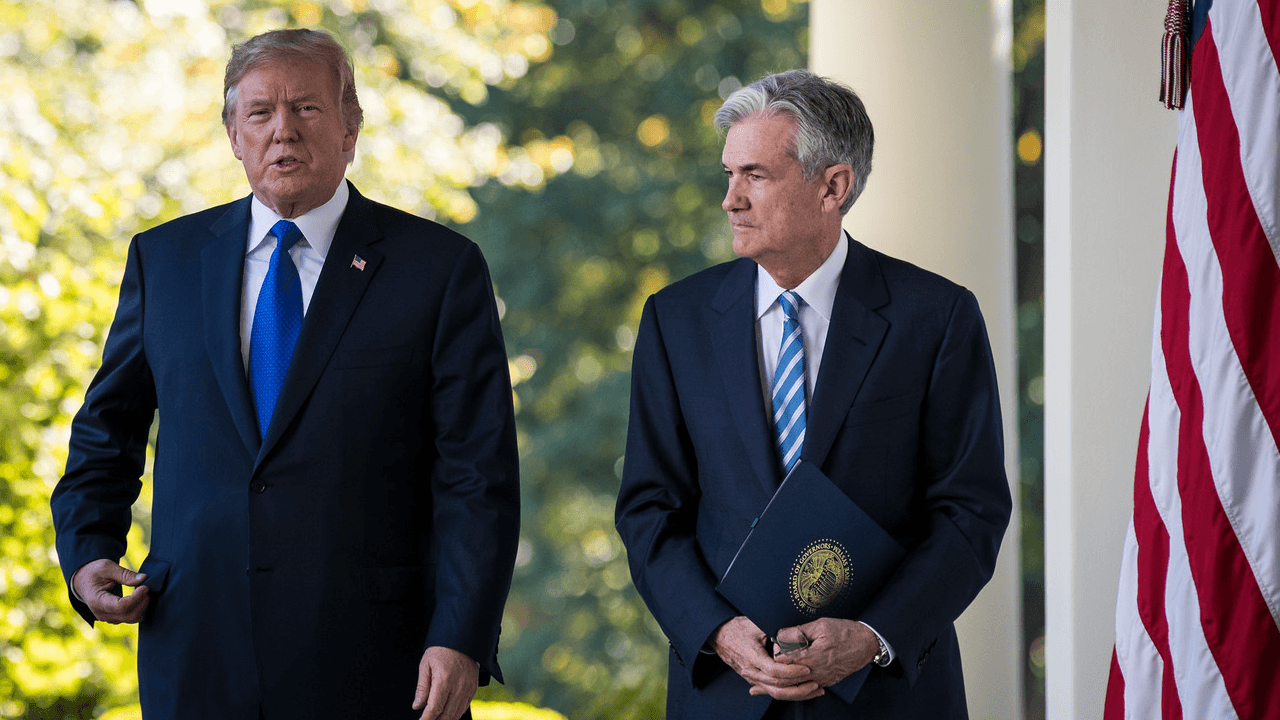
























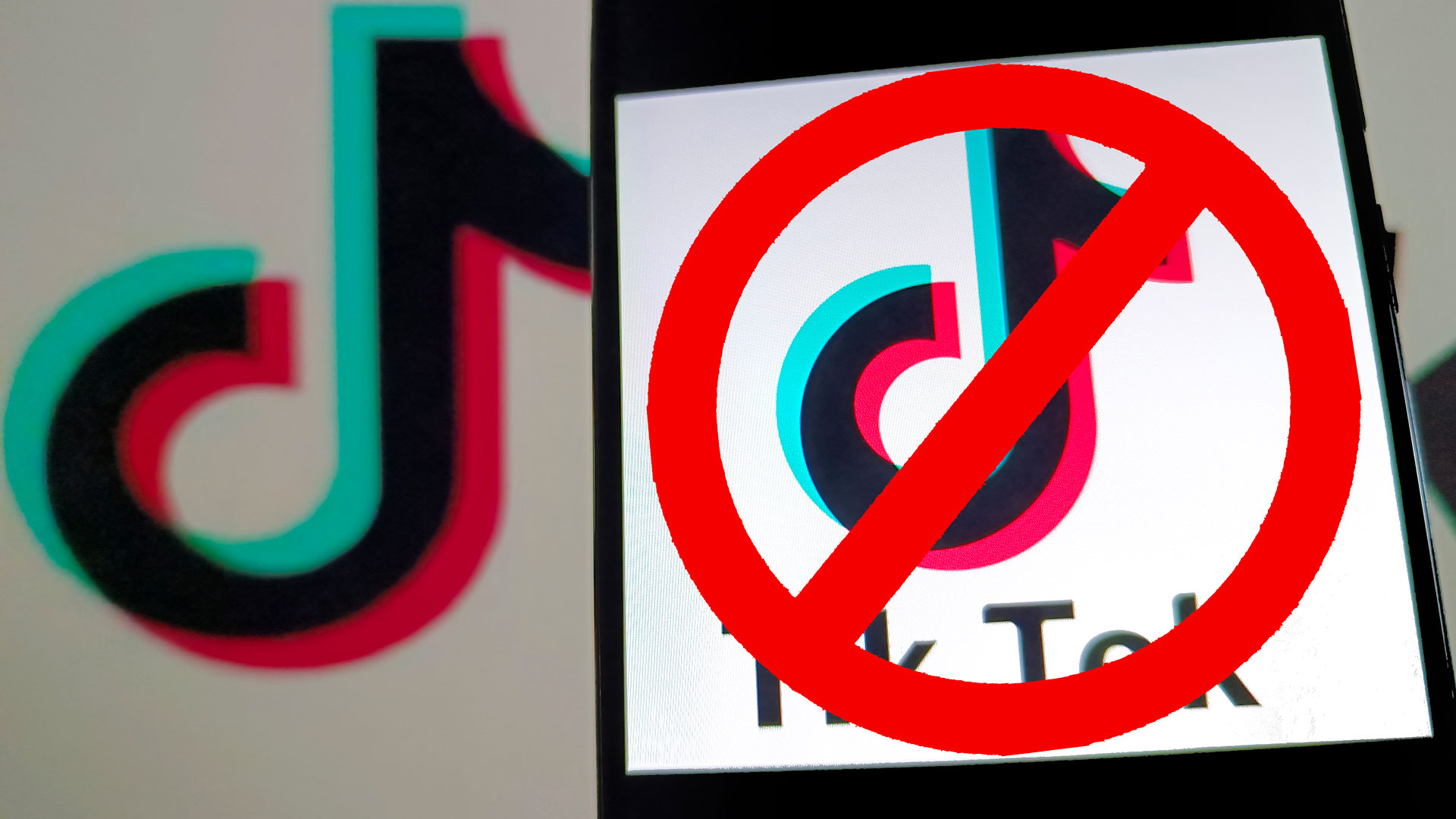
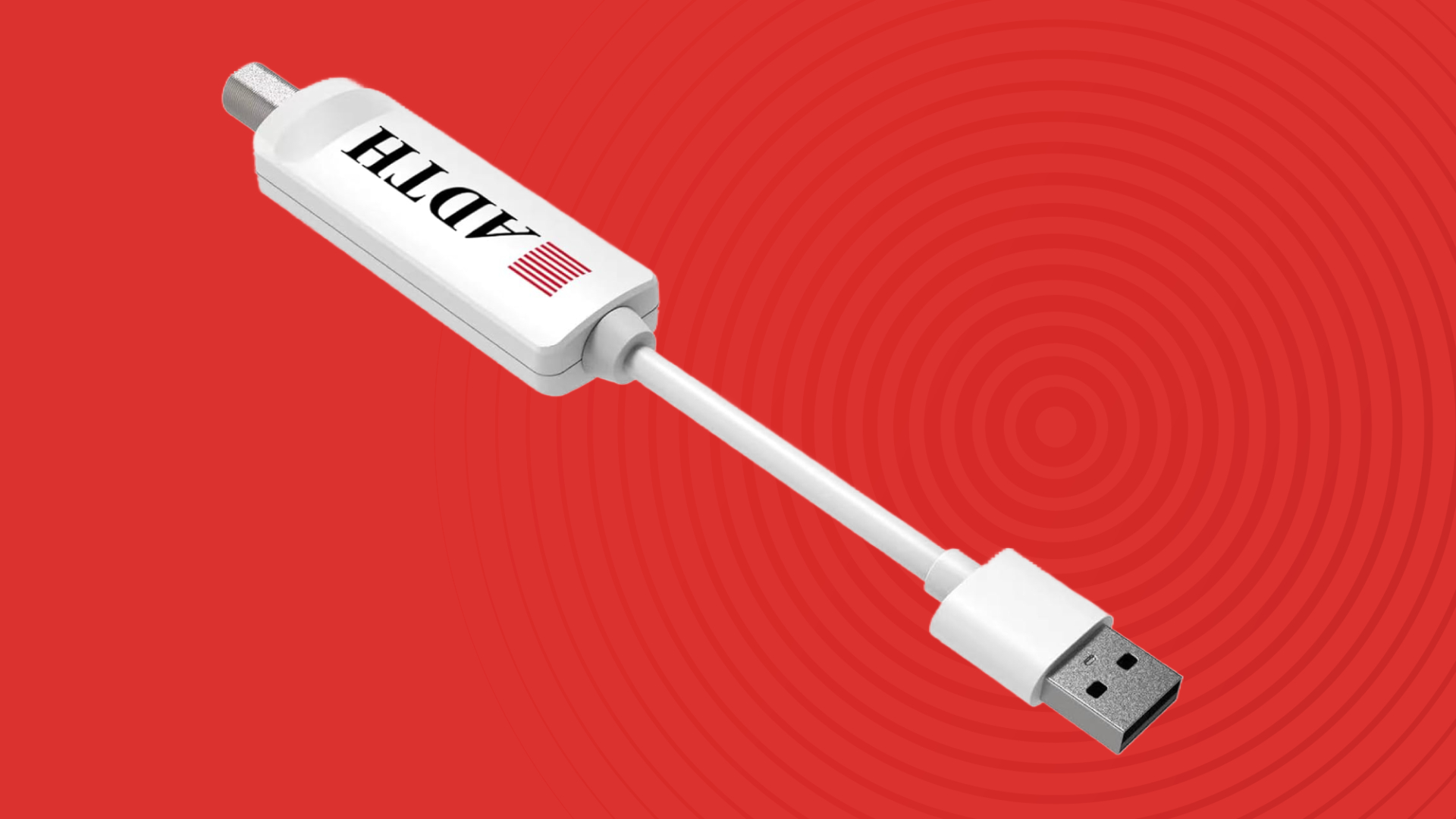




































.jpg)
%20Abstract%20Background%20112024%20SOURCE%20Amazon.jpg)




















